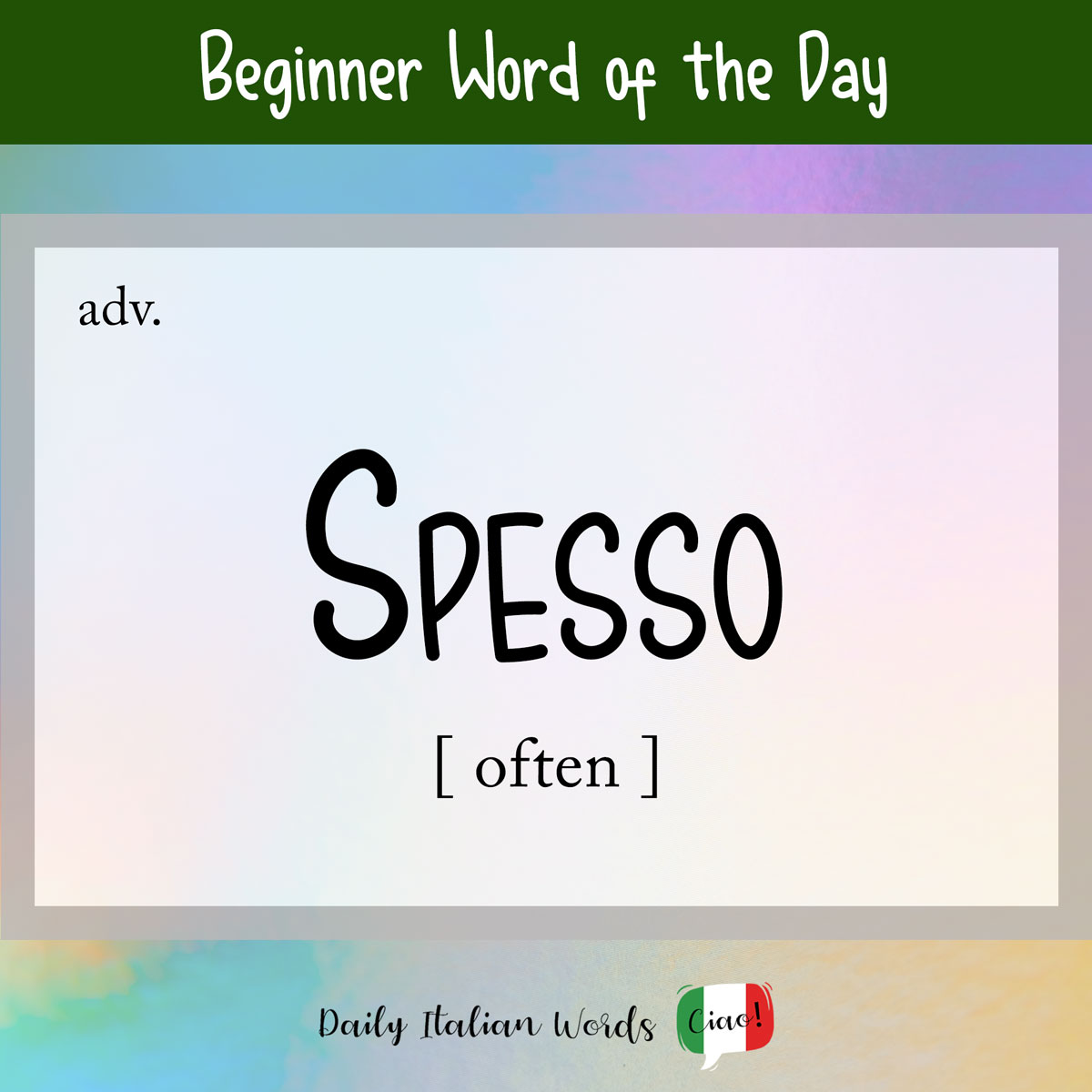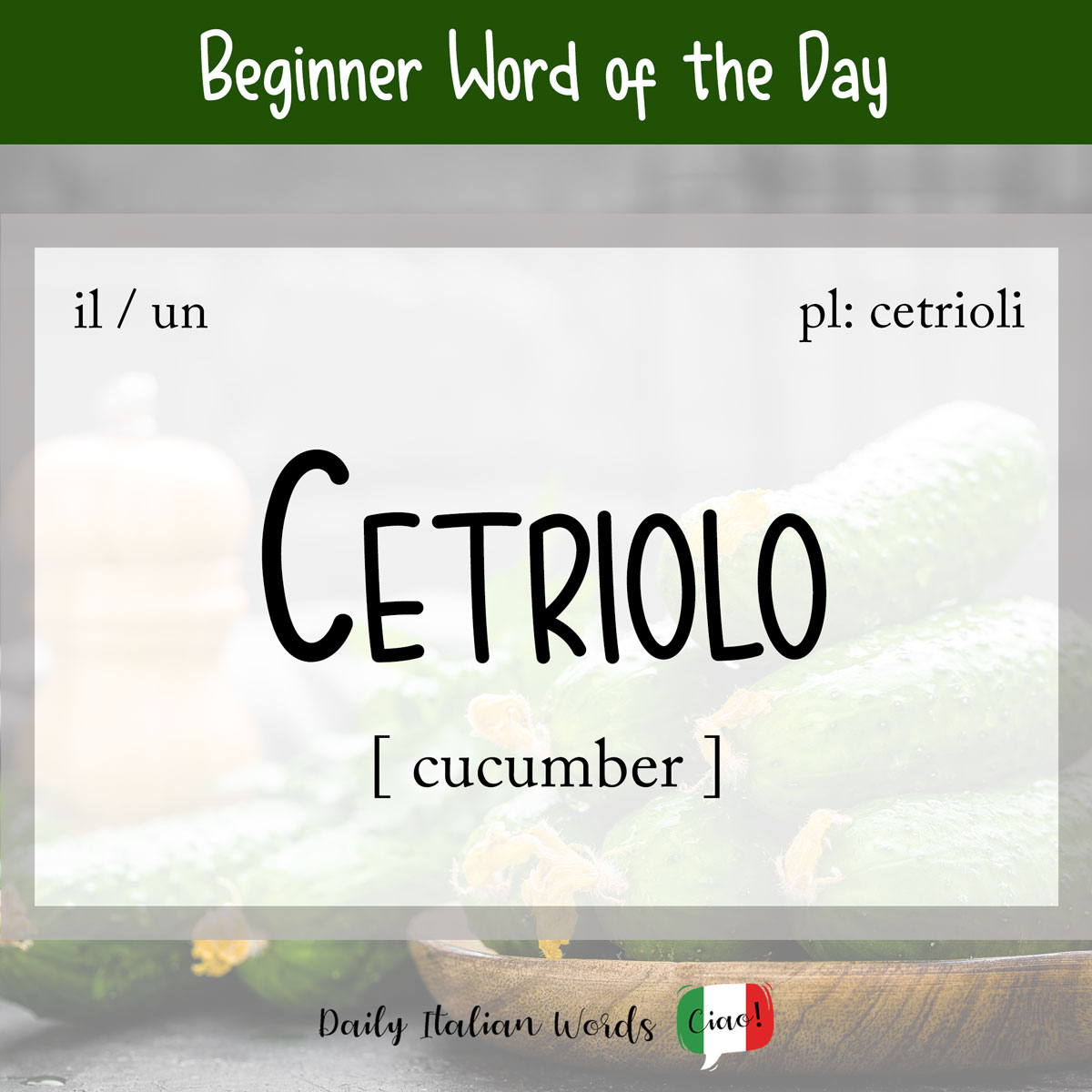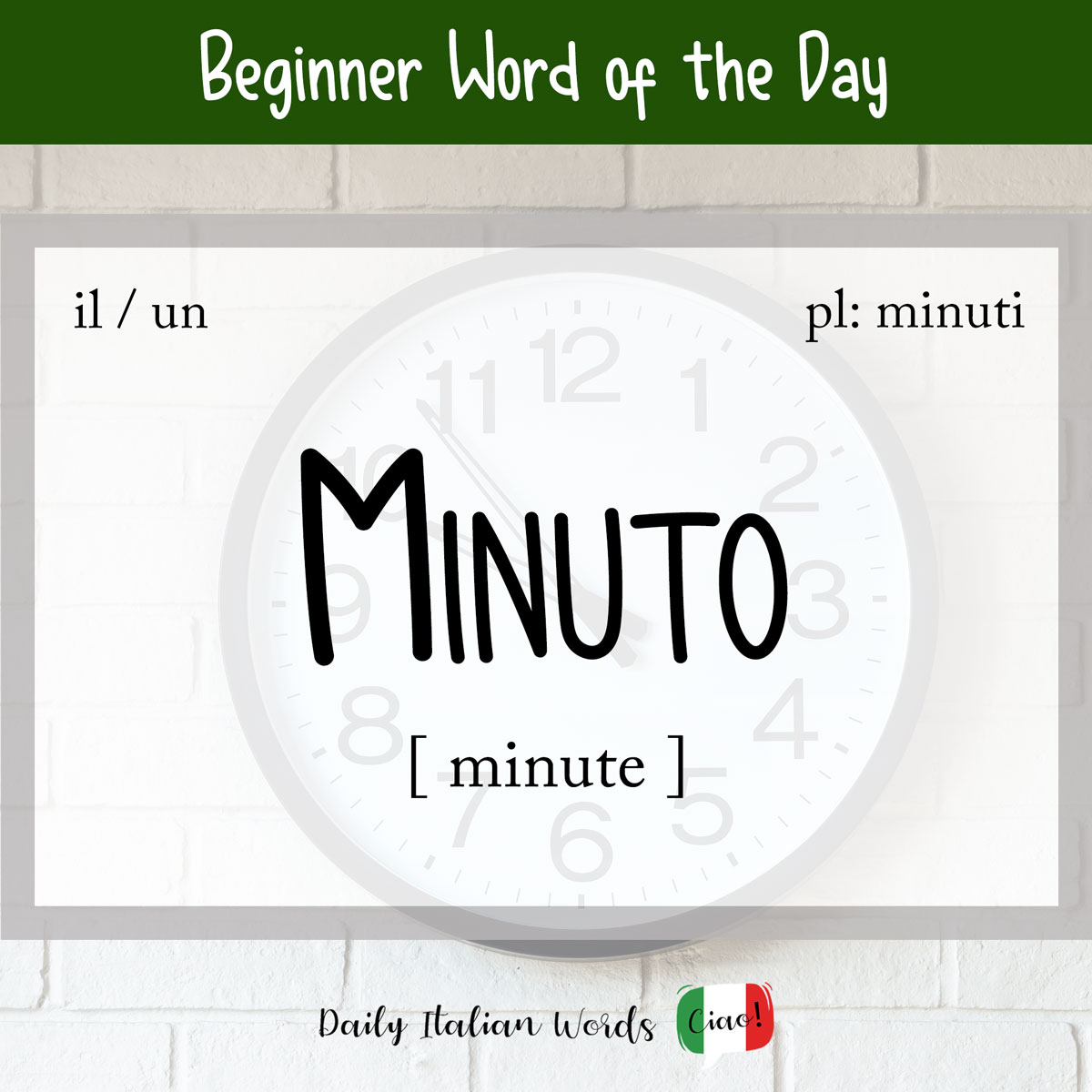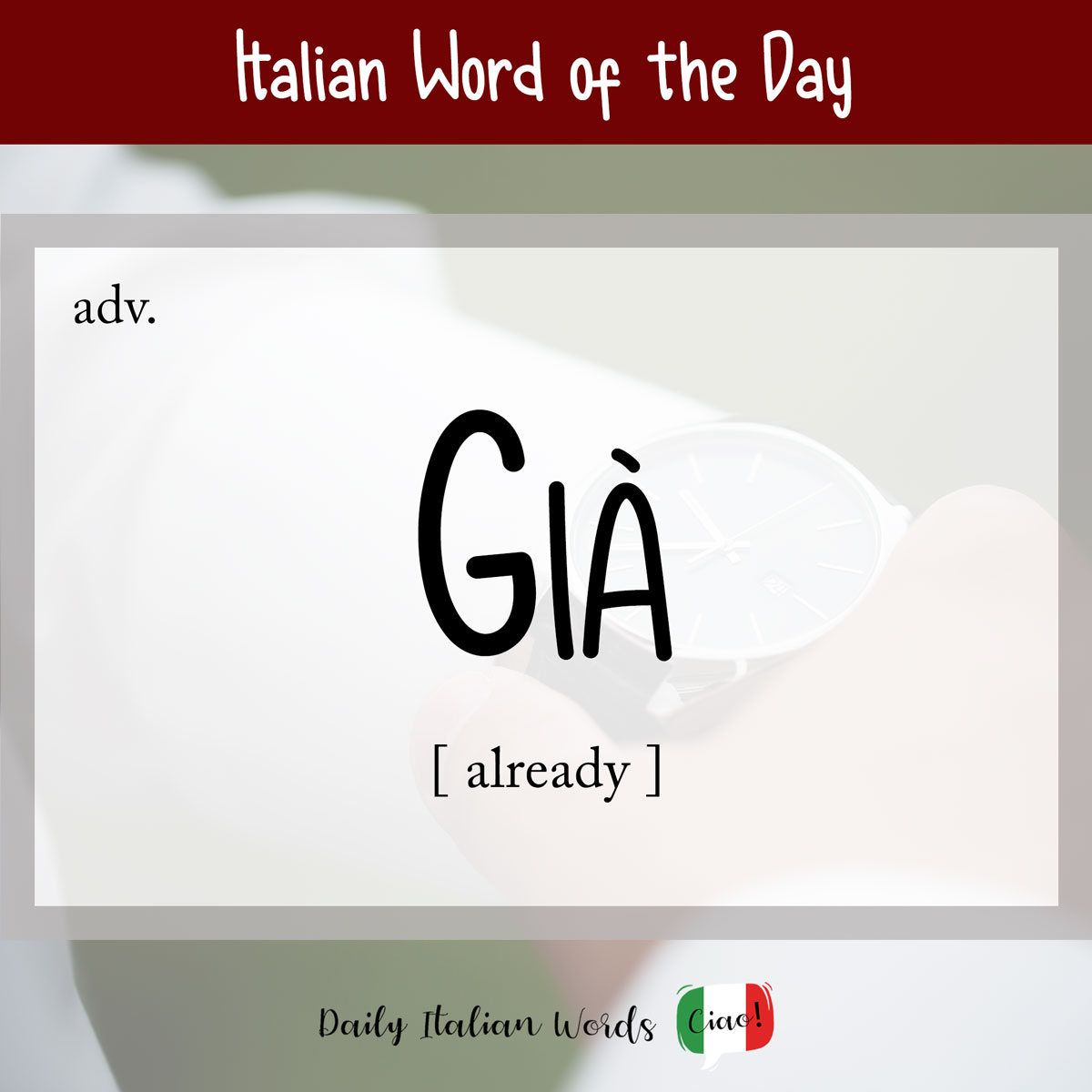Italian Word of the Day: Spesso (often)
If you want to say that you carry out an activity often or frequently, you can always rely on the useful adverb spesso in Italian. spesso often The adverb originates from the adjective spesso, which means “thick,” sharing both pronunciation and spelling. This, in turn, can be traced back to the Latin word spissus. Spesso …






